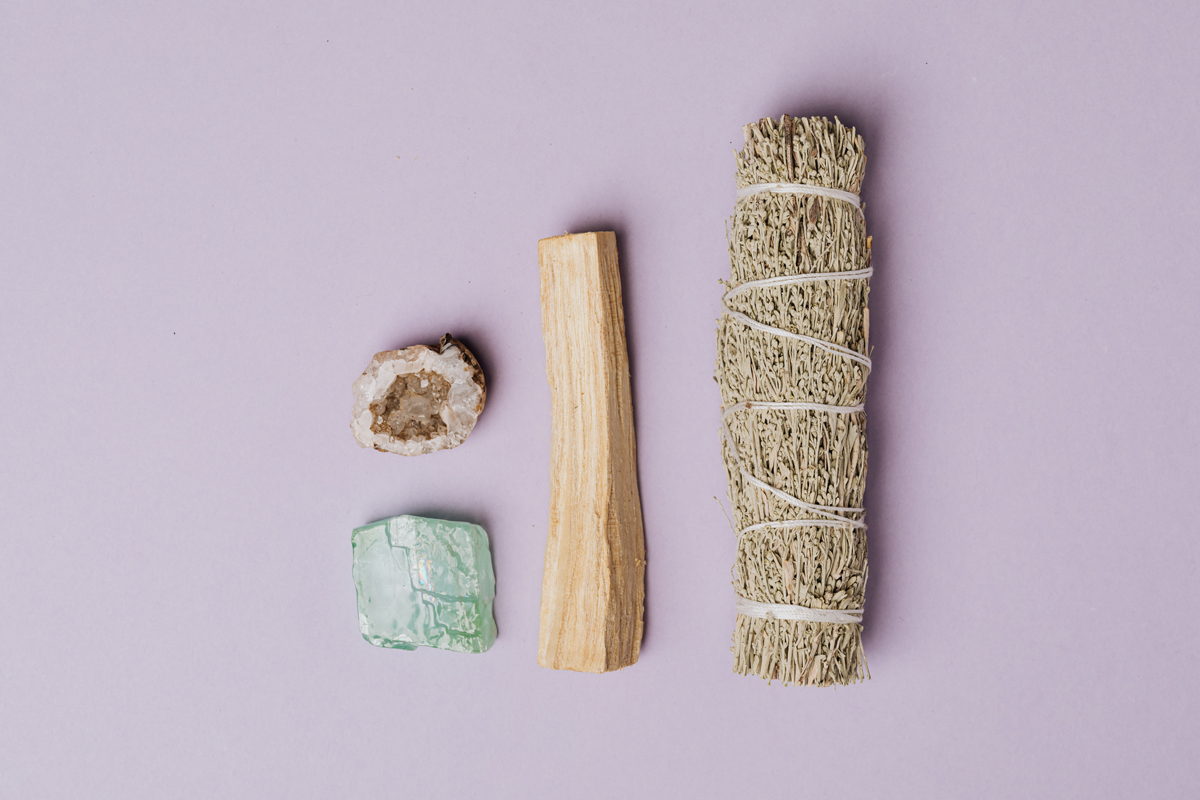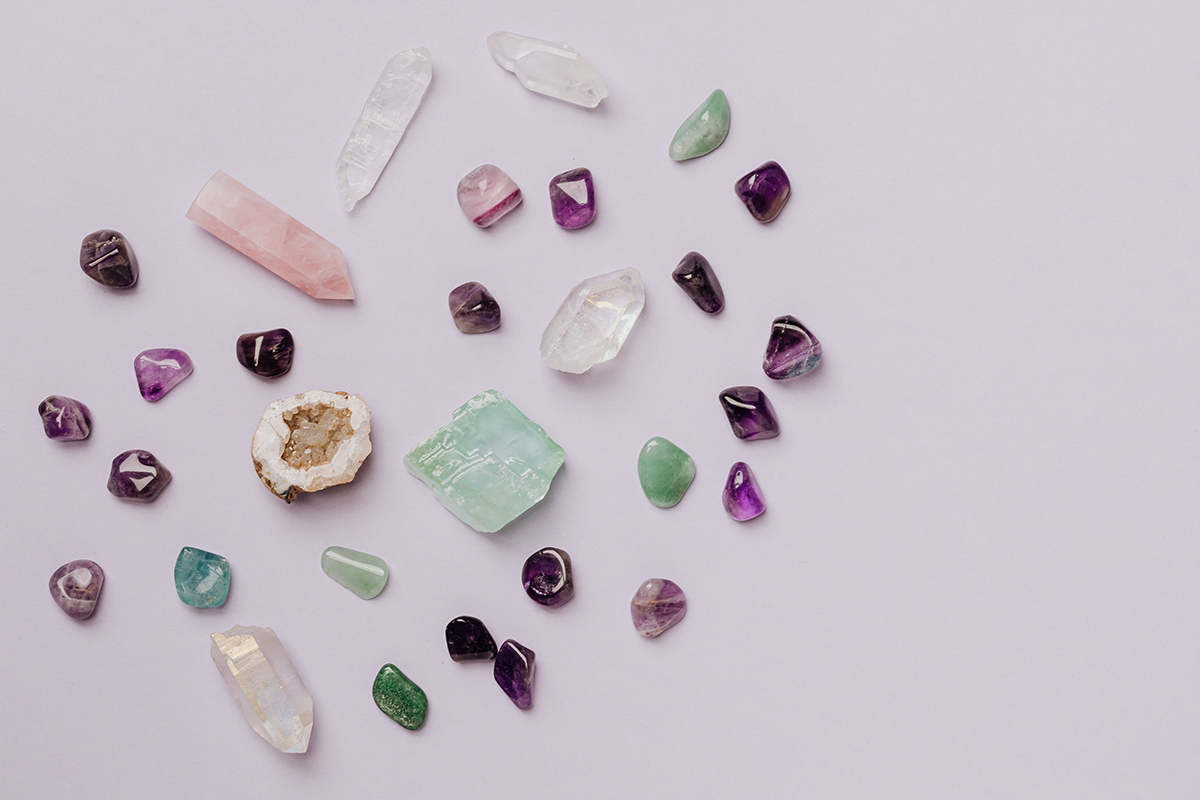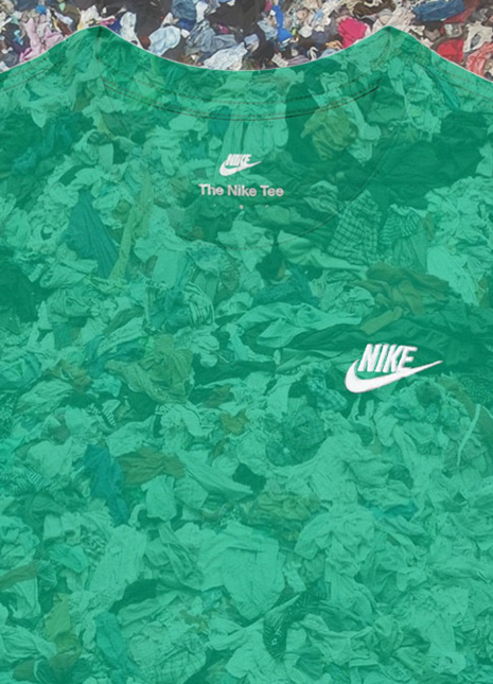
Are Your Crystals Ethical?
Make sure your rose quartz is as good as it claims to be!
If you don’t own crystals, I bet you know someone who does. From necklaces and facial rollers to rose quartz in your room, you can’t scroll down Instagram without seeing these sparkly rocks. It also may seem like every store sells them in their home décor sections too, they’re an unavoidable trend. But when buying your crystals do you ever stop and think - “are these ethical?”
Demand for these gemstones doubled from 2016 to 2019, making the industry boom. These rocks can be used for healing, zen, and all things beneficial, however, this completely juxtaposes their manufacture and labor practices. For example, in 2014 the New York Times exposed how Myanmar’s jade industry “helped finance a bloody ethnic conflict and unleashed an epidemic of heroin use and H.IV. infection among the Kachin minority who work in the mines.” It was also found that in Brazil demand for crystals caused an epidemic of illegal and destructive mining within the Amazon rainforest.

When it comes to buying crystals try to be mindful about where the product is coming from, often retailers don’t list their sources as this can leak their supplier to competitor stores – but without this information, there’s no way to know where the stone is coming from. If a store sources the precious stones ethically, they’ll often promote this as an incentive to buy. Unfortunately, the cheaper crystals tend to be ones that are less ethically source – so when you do buy opt for an investment piece!
Up Next, Are You Using The Wrong Hairbrush?











